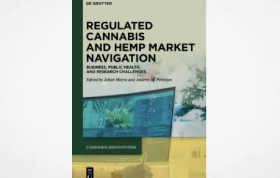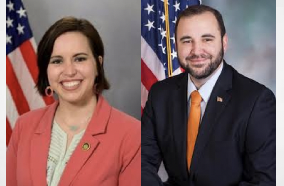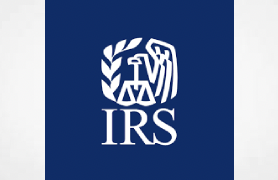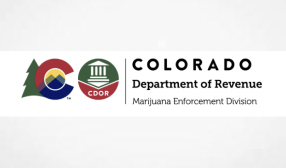Sigh….
The Commonwealth Beacon
THE CANNABIS CONTROL Commission for the first time is raising concerns about intoxicating hemp products showing up in stores, restaurants, and gas stations across Massachusetts, with commissioner Kimberly Roy calling them a “public menace.”
At a meeting of the commission last week, Roy and other commissioners said the largely unregulated products are putting more heavily regulated cannabis products at a disadvantage.
“I’ve heard from many of our licensees that [unregulated hemp is] impacting them greatly. It’s a phenomenon known as gas station weed,” said Roy. “These are hemp products that are unregulated, that aren’t tested, that our children can buy. It keeps me up at night, the concerns around this gas station weed.”
Intoxicating hemp products contain the same active ingredient as cannabis products but are regulated very differently. They are on shelves in the Commonwealth because of a 2018 federal law that removed hemp from the definition of marijuana. An entire industry has popped up around the country selling intoxicating hemp products.
Adam Terry, the CEO of Cantrip, a Boston beverage maker, said in a CommonWealth Beacon commentary last month that many of the hemp-based products are manufactured in Minnesota, which regulates them just as rigorously as marijuana products.
Previously, the Cannabis Control Commission had not taken a stance on the hemp products because the agency believes the product falls outside of its jurisdiction. But the agency, which regulates cannabis and hemp products that are sold inside cannabis dispensaries, is now preparing to testify before a joint legislative hearing on the hemp products before the cannabis policy and agricultural committees on July 11.
Roy offered to serve as the commission’s representative at the legislative hearing. She stressed that the unregulated hemp products are not tested or age restricted in the same way that cannabis products are.
“[Unregulated hemp products are] having a serious negative impact on our licensees who are bound by the law and bound by our regulations,” said Roy. “Then you have all these other convenience stores or smoke shops or gas stations who are not.”
Roy and Commissioner Bruce Stebbins said many cannabis operators had reached out to them to share negative impacts that the hemp products are having on their businesses.
“We’re all hearing the same concern about gas-station weed,” said Stebbins. “We are hearing from the folks that we regulate and license about their concerns about products being on the market.”
The commissioners said they wanted to make sure that lawmakers are clear on the distinction between unregulated hemp products and much more regulated products that are allowed in dispensaries.
In 2020, there was a legislative change which allowed cannabis businesses to use hemp products. However, these hemp products are heavily regulated by the CCC. They are tested by laboratories licensed by the commission and sales are strictly age restricted.
The commission’s interim chair, Ava Callender Concepcion, raised the issue of who should regulate the new hemp products. “I don’t want to weigh in on that, but I do want to talk about the limited resources that we do have and the work that goes into the regulated products that are on the market,” she said.
The fourth commissioner, Nurys Camargo, was absent at the meeting.
The commissioner of the Massachusetts Department of Agricultural Resources said in February that her agency was working with the Department of Public Health to put out new guidance on the hemp products. The agriculture agency is responsible for regulating hemp in the state and the Department of Public Health regulates food manufacturing.
So far, the agricultural agency has updated its hemp processor policy, which says that the US Food and Drug Administration has jurisdiction over hemp food products and that there are limitations on products containing delta-9 THC, the most common type of intoxicating compound in cannabis which has popped up in hemp products.
According to the state Department of Agricultural Resources, local boards of health are responsible for enforcing the FDA guidelines, but local boards of health are often under resourced and up to now have taken very little action against hemp products.
















